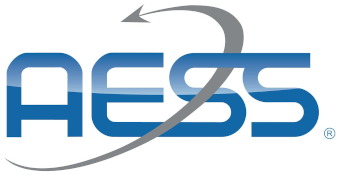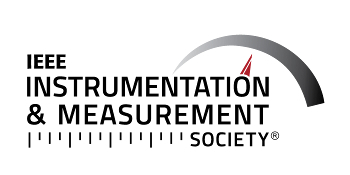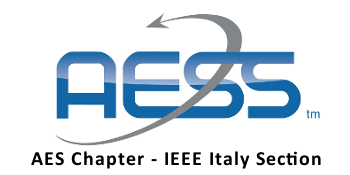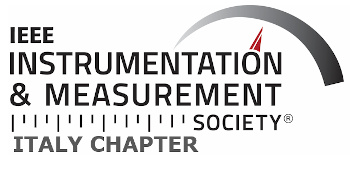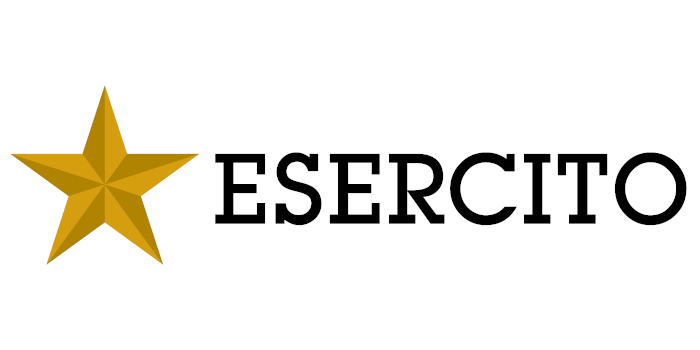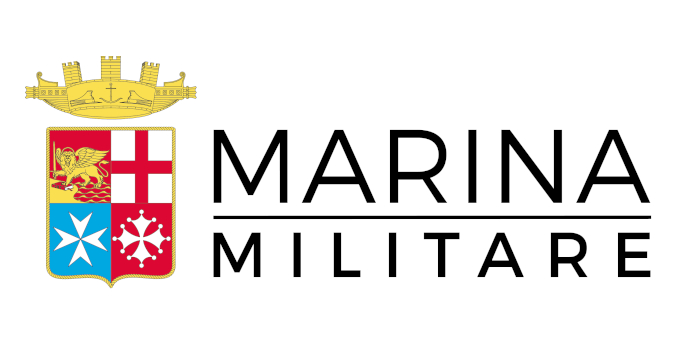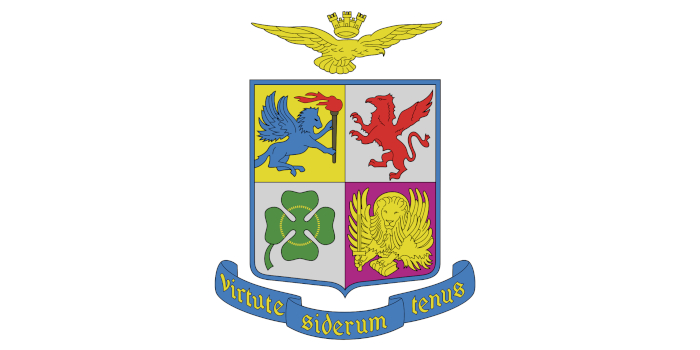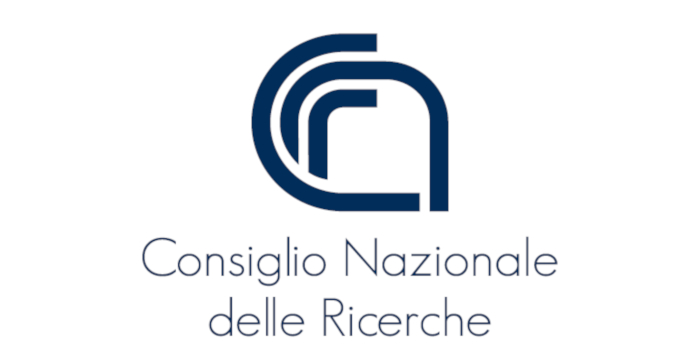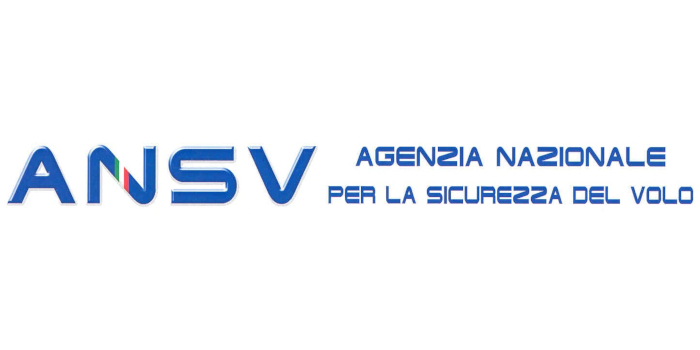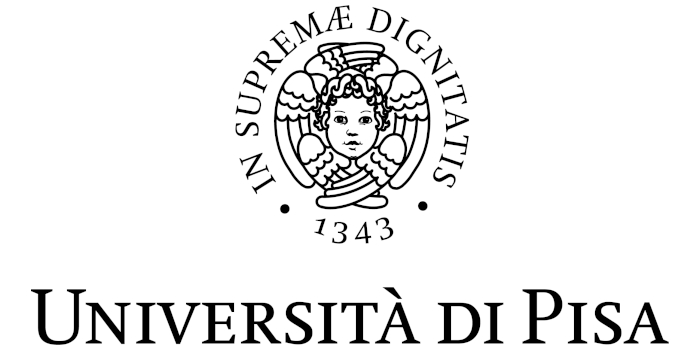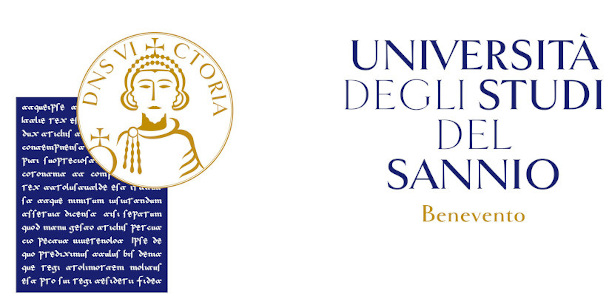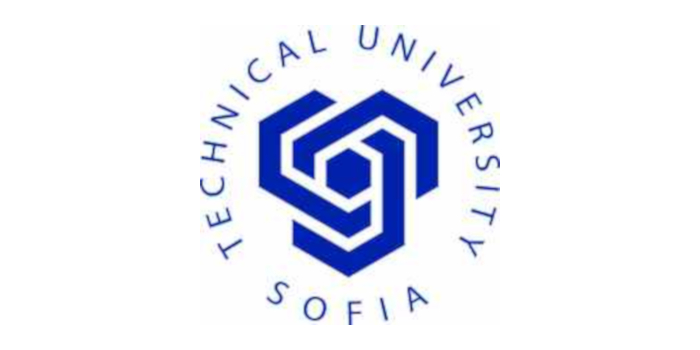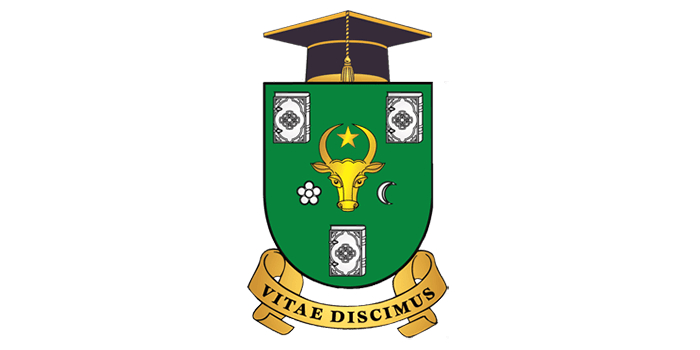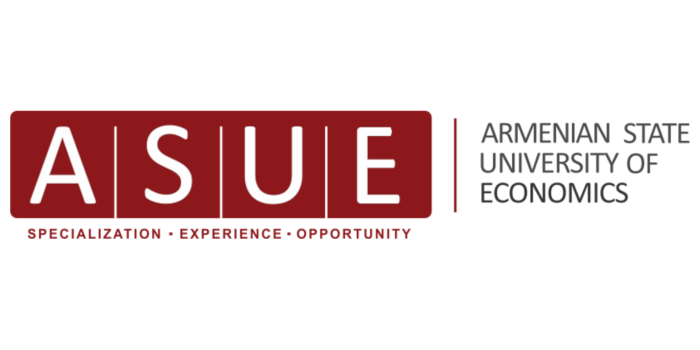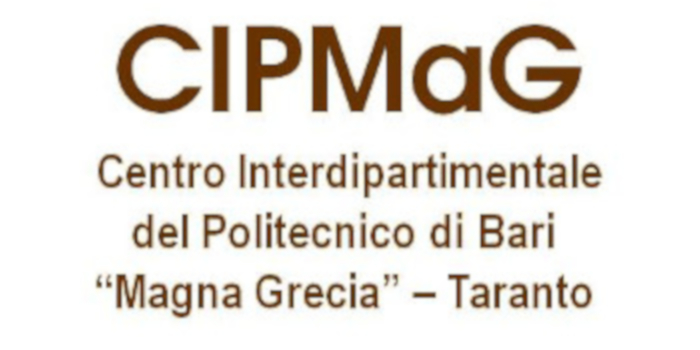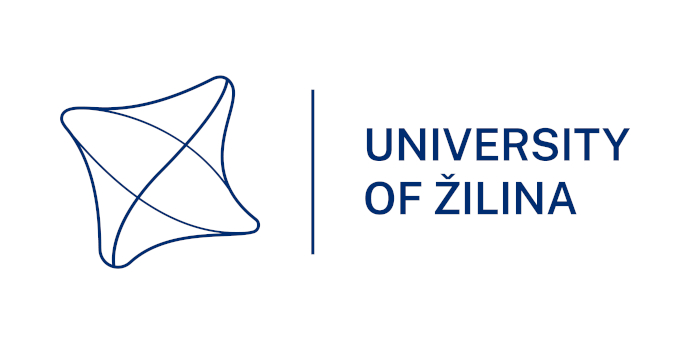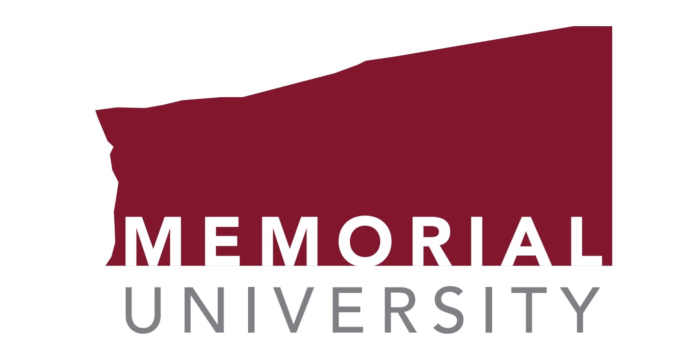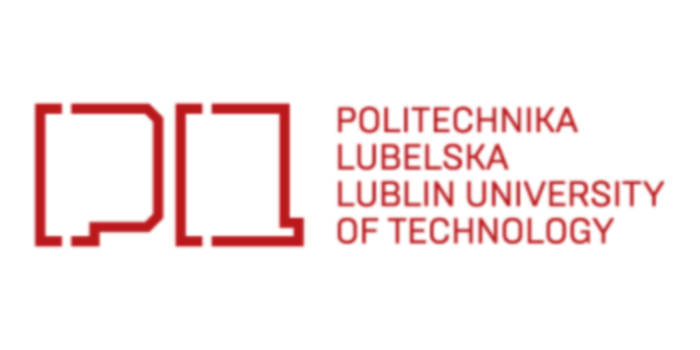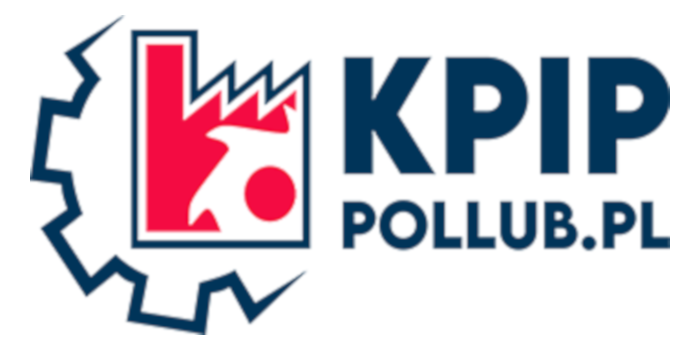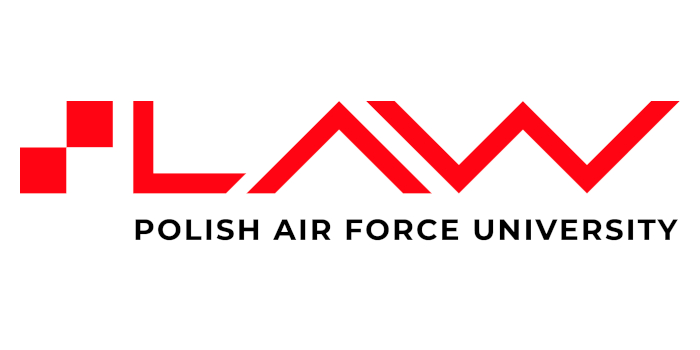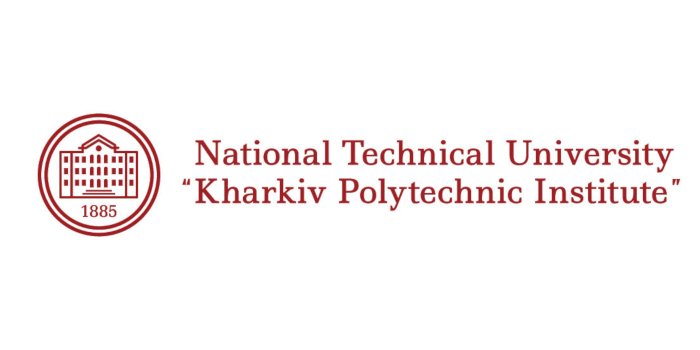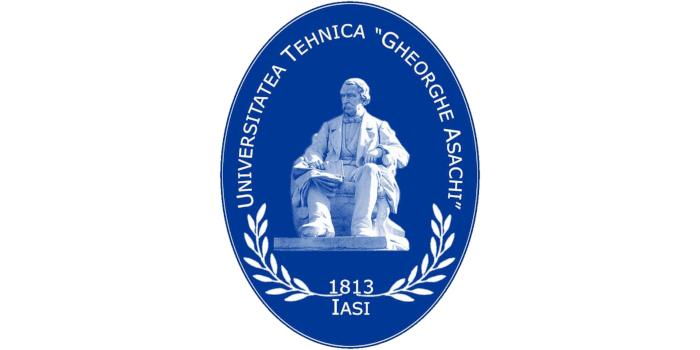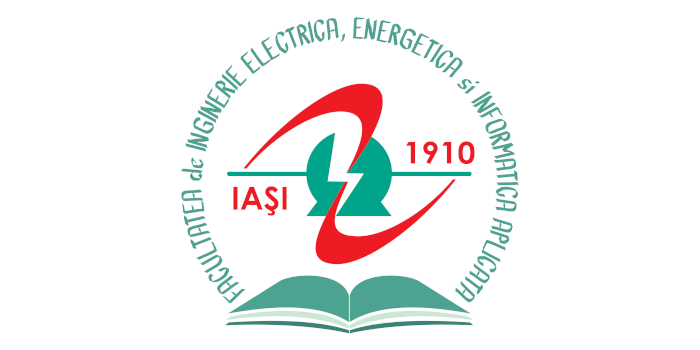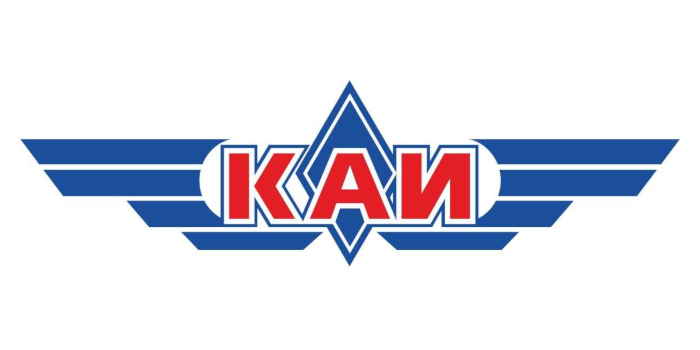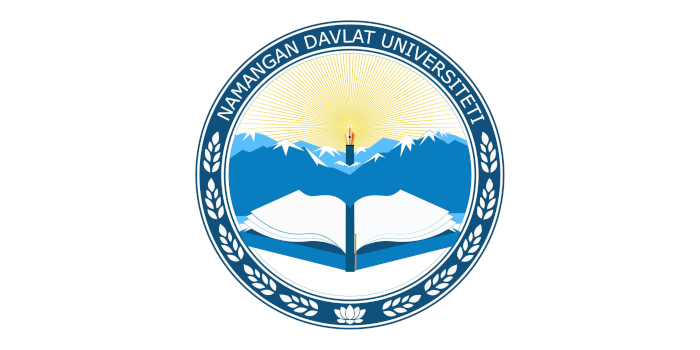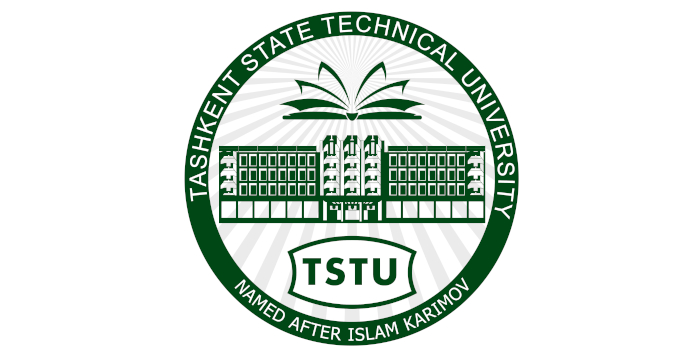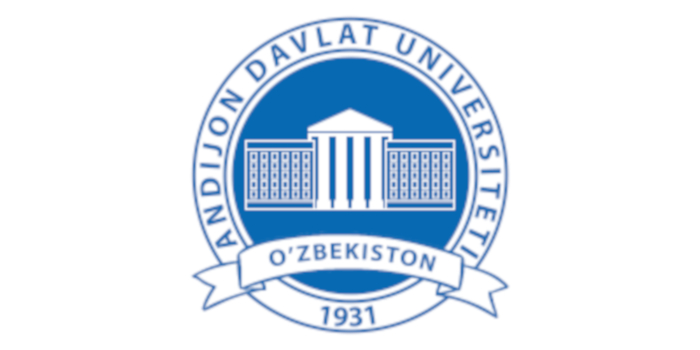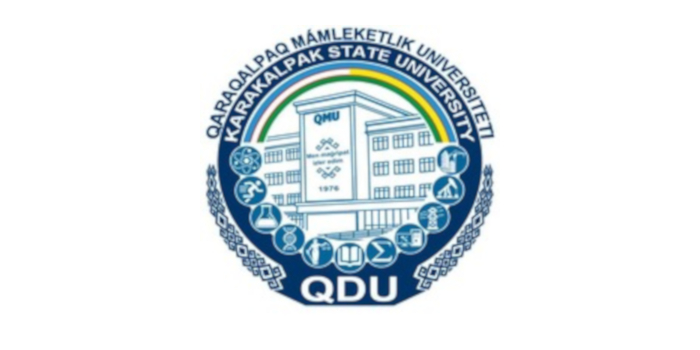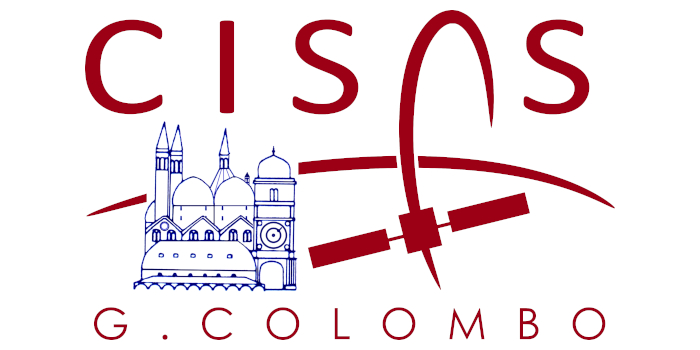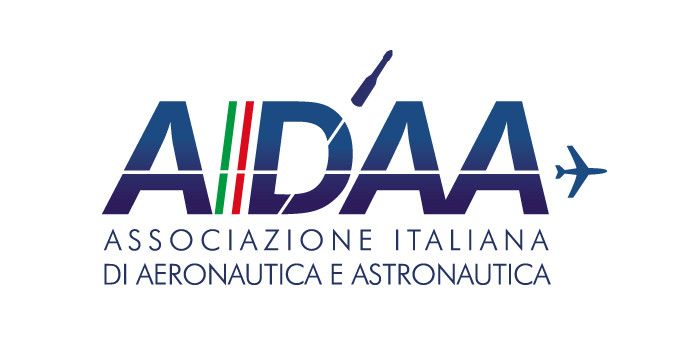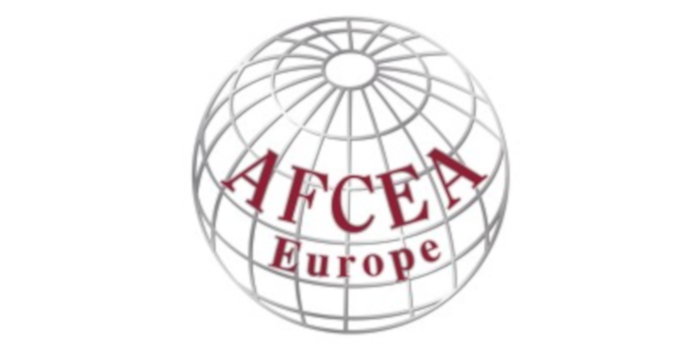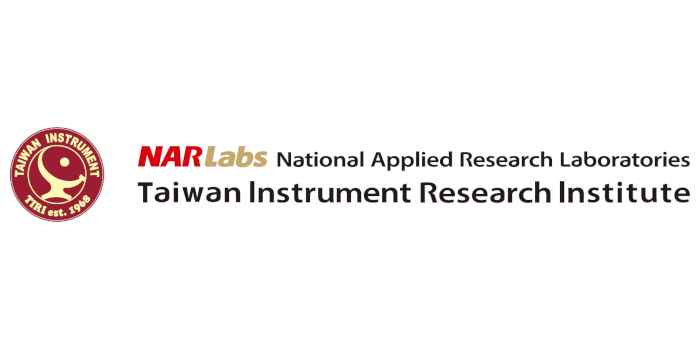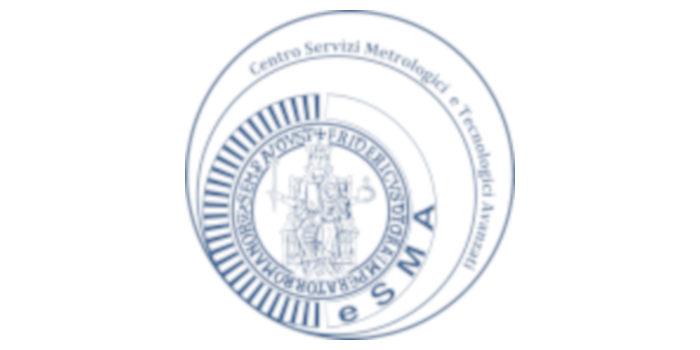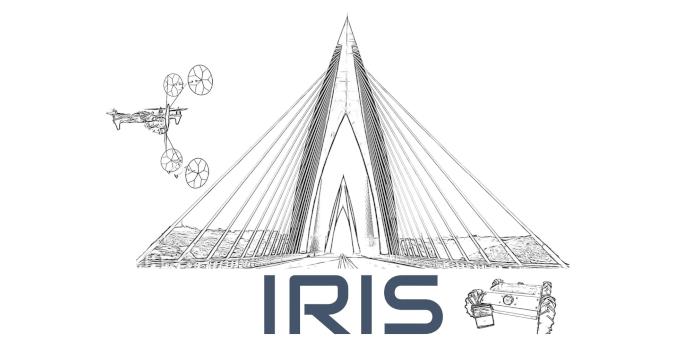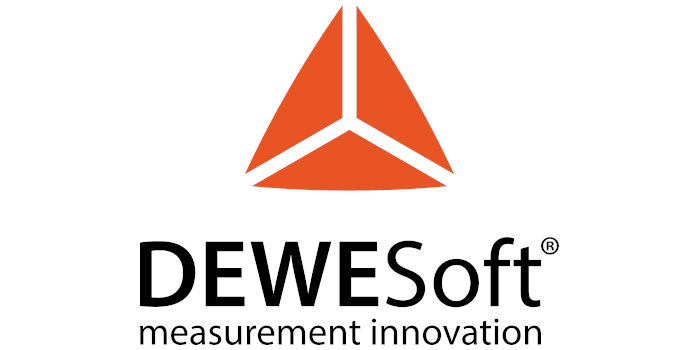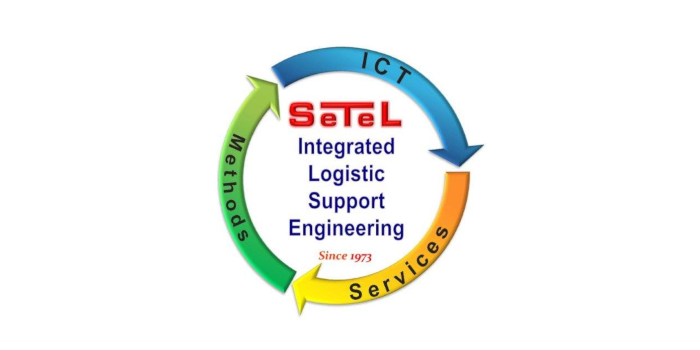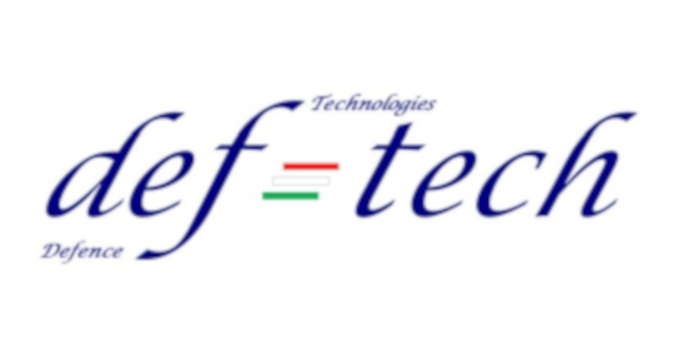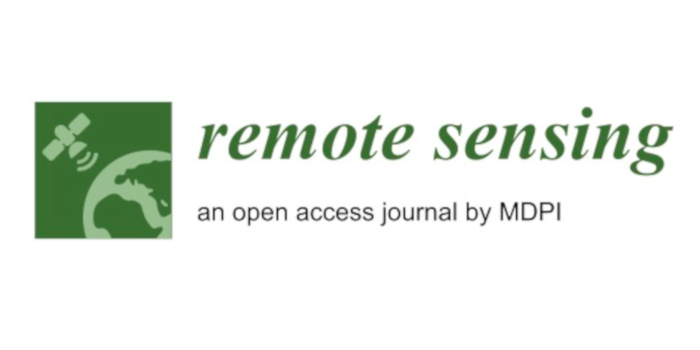Applied metrology for navigation and precise positioning
ORGANIZED BY
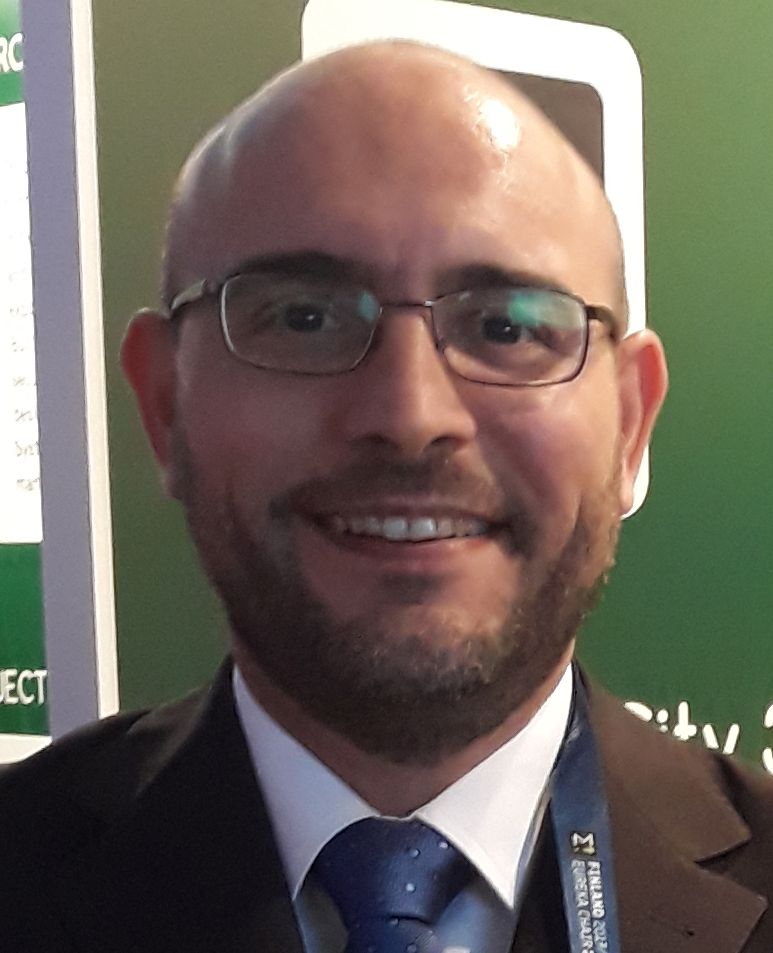
David Martin Gomez
Carlos III University of Madrid, Spain
ABSTRACT
The field of applied metrology in Unmanned Aerial Vehicles (UAVs) has shown a higher rate of results in recent years enhancing trajectory measurements for navigation and precise positioning of the aircrafts. The latest methodologies have presented novel trajectory prediction capabilities based on smart algorithms that can estimate aircraft performance before or during the flight, so positioning systems based on GNSS, computer vision and the 3D LiDAR sensors can measure trajectories with high accuracy to be applied in the future airspace. The future implementation of U-space/UTM and operations in urban environment will be possible with high levels of accuracy for navigation and precise positioning.
The aim of this Special Session is to cover theoretical, experimental and operational aspects related to the field of the Unmanned Aerial vehicles (UAVs), in order to advance and promote the actual research works and to present to the scientific community the novel techniques or emerging models for enhancing navigation and precise positioning through applied metrology and high-accuracy trajectory measurements, to be used in future operations such as, unscheduled trajectories in a congested environment or autonomous navigation in urban environments.
Therefore, we invite applicants to look over the recent advances related to applied metrology for UAVs and present innovative works that explore frontiers and challenges in the field.
TOPICS
The topics of interest include but are not limited to the following:
- Navigation, precise positioning and localization systems;
- Measurements and high-accuracy positioning algorithms based on GNSS systems for UAVs;
- Measurements and high-accuracy positioning algorithms based on Computer Vision systems for UAVs;
- Measurements and high-accuracy positioning algorithms based on 3D LiDAR systems for UAVs;
- Uncertainty of trajectory measurements calculated by GNSS, Computer Vision or 3D LiDAR systems.
ABOUT THE ORGANIZERS
Prof. Dr. David Martín Gómez, graduated in Industrial Physics (Automation) from the National University of Distance Education (UNED, 2002) and Ph.D. degree in Computer Science from the Spanish Council for Scientific Research (CSIC) and UNED, Spain 2008. He was Ph.D. student at CSIC from 2002 to 2006. He was fellow at the European Organization for Nuclear Research (CERN, Switzerland, 2006-2008) and Post-Doc researcher in Robotics at CSIC (2008-2011). Currently, he is Associate Professor and senior researcher at Carlos III University of Madrid and member of the Intelligent Systems Lab since 2011. His research interests are Real-time Perception Systems, Computer Vision, Sensor Fusion, Intelligent Transportation Systems, Advanced Driver Assistance Systems, Autonomous Ground Vehicles, Unmanned Aerial Vehicles, Vehicle Positioning and Navigation, and Reasoning and Decision-Making under Uncertainty in Autonomous Vehicles. As a principal investigator, project leader or participant, he has conducted forty research projects funded by Spanish and European government agencies and industries. Prof. Martín is reviewer of prestigious Journals, and member of the Spanish Computer Vision Group, member of the IEEE Intelligent Transportation Systems Society, member of the IEEE Signal Processing Society, member of IEEE Signal Processing Society - IEEE Autonomous Systems Initiative (SPS - ASI), among others.


